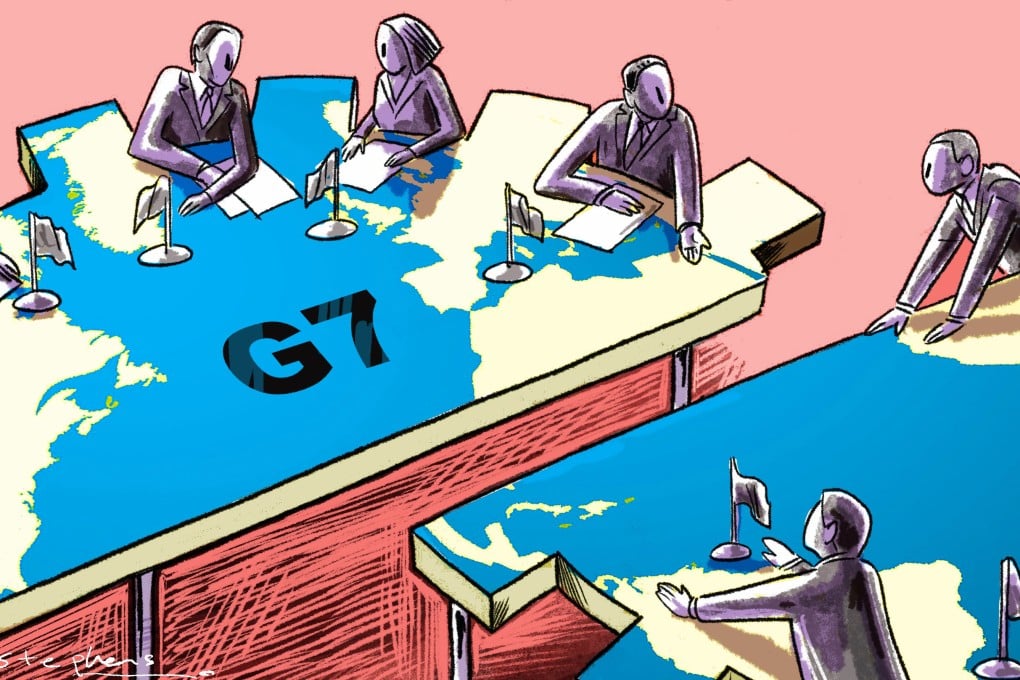Advertisement
Opinion | Inviting Brazil, India and others to G7 summit hints at what a fairer liberal world order might look like
- Treating other nations as equals and not seeking to dictate from the moral high ground may be the only chance for the established liberal order to prevail
- Otherwise, nations that make up the Global South will opt for a new world order that is better able to accommodate them
Reading Time:3 minutes
Why you can trust SCMP
2

The invitation of Brazil, India and Indonesia, among others, to the Group of 7 (G7) summit in Hiroshima, Japan, last week highlighted the changing international order. When Ukrainian President Volodymyr Zelensky flew in to Hiroshima, he did so not to convince the already-aligned representatives of the richest democracies in the world to continue to support his cause.
Rather, it was to win over the leaders of the aforementioned countries, who are among those often referred to as the “Global South”. India and Brazil, for instance, have maintained a different stance from the Western world on the Russian invasion of Ukraine, hindering the defence efforts of Kyiv and its allies.
While it is fair to say that neither New Delhi nor Brasilia have welcomed the unfolding of the war – as it has also inflicted negative consequences on them – they have still chosen to abstain in one way or another from condemning the aggression of Russian President Vladimir Putin and have so far not imposed sanctions on Russia, as other countries close to the United States have done.
Advertisement
Instead, Brazil and India have taken a neutral position on the war, as have other powers such as Turkey. In reality, though, each country has positioned itself to either benefit from the war or at least not suffer damage as a result of it.
While Turkey has maintained relations with both Kyiv and Moscow, China has supported the Kremlin’s view on the war. It has even gone so far as to use the same language as Moscow, describing the atrocities committed by the Russian army in Ukraine as a “special military operation”.
Advertisement
India, meanwhile, has imported oil from Russia at a discounted rate and thereby profited from the war. It seems that the farther a country is, geographically, from Ukraine, the more likely it is to follow its own interests and try to avoid being drawn into the conflict between two of the world’s powers.
Advertisement
Select Voice
Select Speed
1.00x
